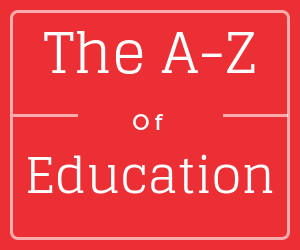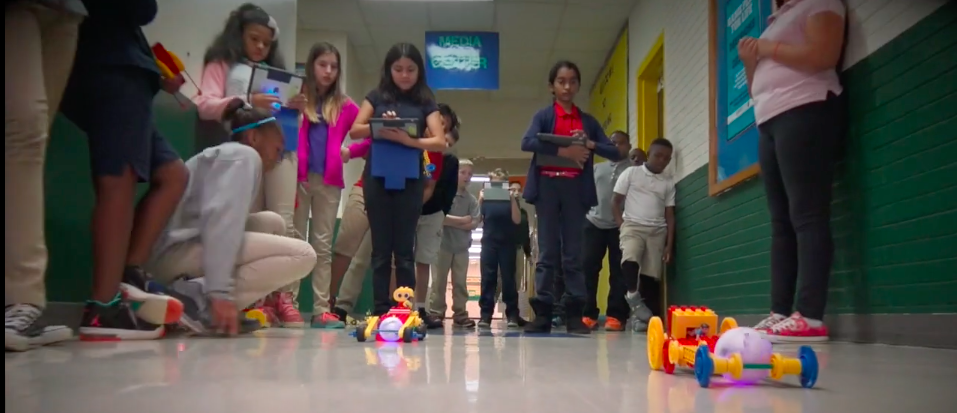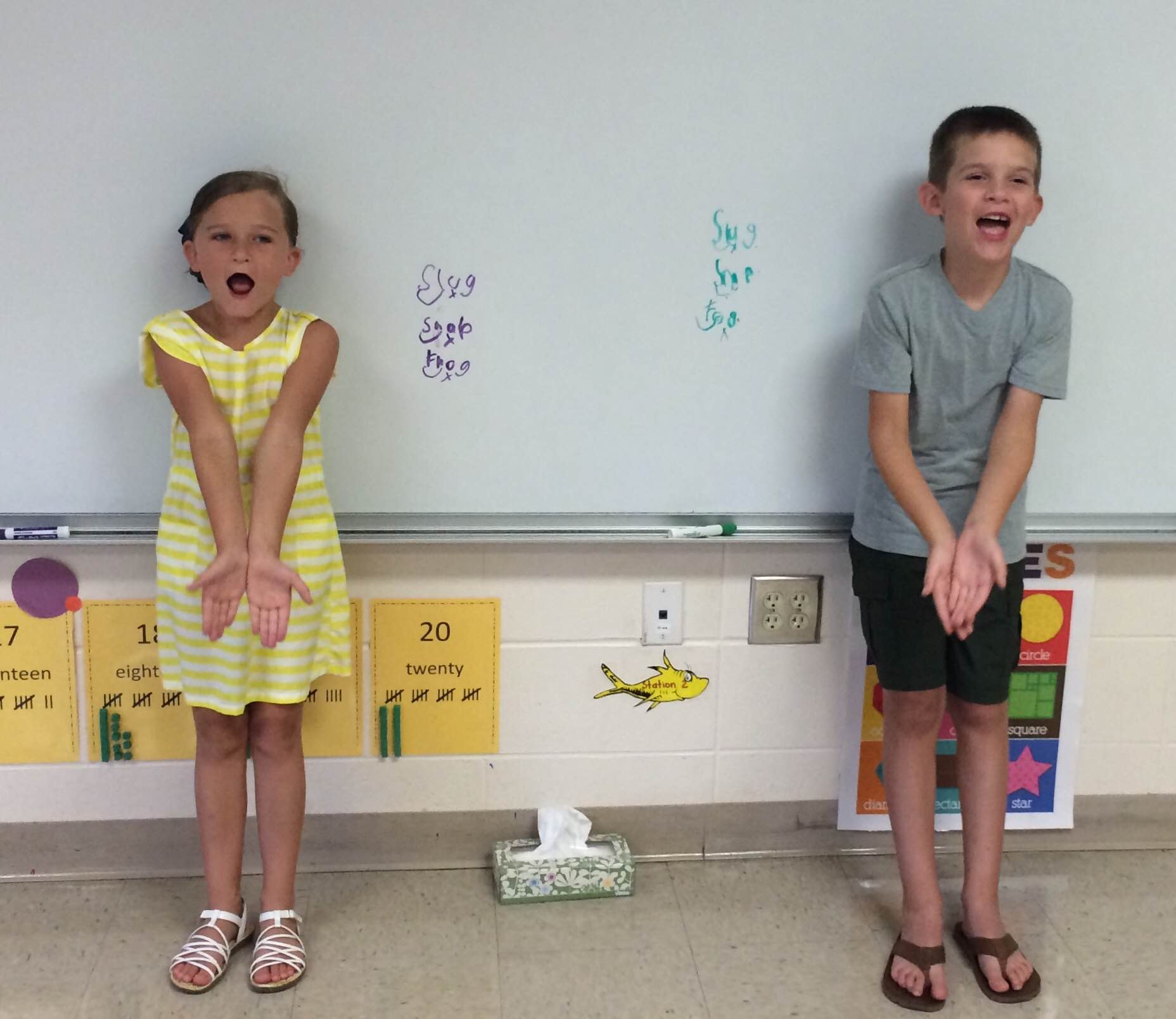Black Boys in Crisis: How to Get Them to Read

In this series, appropriately titled “Black Boys in Crisis,” I highlight the problems facing black boys in education today, as well as provide clear steps that will lead us out of the crisis.
The statistics point to a startling, yet simple, truth: black boys who cannot read are already in trouble. So if we know that black boys aren’t reading the level they should, what can we do to improve that? It starts with awareness and extends to:
Customized reading plans
A large part of improving the reading rates of black boys is to provide curriculum plans that are a little less rigid and a little more nuanced. As adults, the reading materials we pick up for the pure joy of reading are as varied as we are and it’s acceptable for individuals to prefer certain genres over others. Kids don’t have the same freedom. In fairness, before kids can determine what reading materials they will love, they must first have exposure to a wide variety. Still. When reading is uninteresting, it’s hard. That’s something that doesn’t change into adulthood. Early learning teachers, from preschool through the rest of elementary school, must have a diverse knowledge of the reading materials available for their age groups and try, try, and try again until a certain subject or genre clicks.
The idea that all Kindergartners, and older grades, should read the exact same things is not only flawed, it’s unnecessary. Today’s technology makes it simple for kids to read a variety of materials that are equal in grade level to each other, even if the topics differ. There is even educational software that creates supplemental and testing materials based on the individual pieces that children read so that teachers are not tasked with writing 20 different lesson plans based on reading preferences. Young children love fantasy, but they also connect most with what they know.
Diversity in reading materials and the ability to choose what to read based on interests will go a long way toward pulling black boys into the literacy realm early on and keeping them there. This is true from preschool through college graduation. This strict adherence to a literary canon filled with mainly white, European, male authors and viewpoints hurts all of our students, but particularly those of color. To instill a love for reading our students have to genuinely love what their eyes see. That view must expand to include much more diversity in options, both electronic and books in hand.
Intervention targeting
The concept of learning everything first, and testing last, is starting to see its way out of our classrooms – but not fast enough. Feedback throughout the learning process, and taking action immediately when students are falling behind, is a much smarter way to keep students invested in learning. A student who misses out on a learning concept will not learn at the next level and that will continue indefinitely until remediation occurs. Teachers are on the frontlines of intervention, and parents are a close second string. Parents whose own parents were never involved in their learning pursuits may not know how to follow their kids’ progress and some may simply not care. When either scenario takes place, it falls on the teacher to step up and fill in the learning gaps.
When it comes to intervention targeting, Kindergarten teachers should take entry assessments as more than a baseline number; they should see them as a call to action. Very specific actionable steps should be at the disposal of the teacher so when certain weakness are noted, there is a plan in place that addresses them. These plans must be thorough and come with benchmarks that delve deeper than what the average and above-average performing students must achieve. Does this mean more work for teachers? Some extra upfront time and planning time, yes. Which is why entire school systems must recognize the need for better reading intervention that begins on day one of Kindergarten, whether that manifests itself in more teacher aides, better technology for reading customization, or more reading specialists on staff.
I’m not suggesting that teachers label and remediate every student individually, but rather that more concrete policies on how to bring students up to speed are put in place in school districts around the country. In public schools this is especially vital. While it’s true that some parents choose public schools, the majority of children attend out of default. It’s not a bad thing – but parents who take the time to research and send their children to non-public options often have the time and energy to follow the academic journeys of their kids. There’s a stronger chance that a child in a public school needs that extra watchful eye of a teacher in order to reach goals. That eye can’t just observe; it must take what it sees and use it as a tool for strengthen academic weaknesses.
Individual intervention is not the only thing that black boys need to read better and perform at a higher academic level. Blanket programs that research, create, and deliver literacy-driven content to black boys should exist. Public schools are wards of the state but this issue is too big to leave to the whims of partisan-driven agendas. More federal oversight into what black boys, and all at-risk groups, are reading from their earliest days in public school classrooms is needed.
These programs need insight from experts in the fields of education, literacy, minority studies, and even civil rights. To really get to the heart of the problem of black boys not reading at an acceptable rate, expertise must combine with first-hand experience. Teachers who work in early education classrooms should certainly sit on the consultation teams in order to develop appropriate standards of intervention based on real-life scenarios that take place. A wider approach to answering the needs of black boys in a reading crisis will go a long way toward raising awareness and actually impacting individual children.






